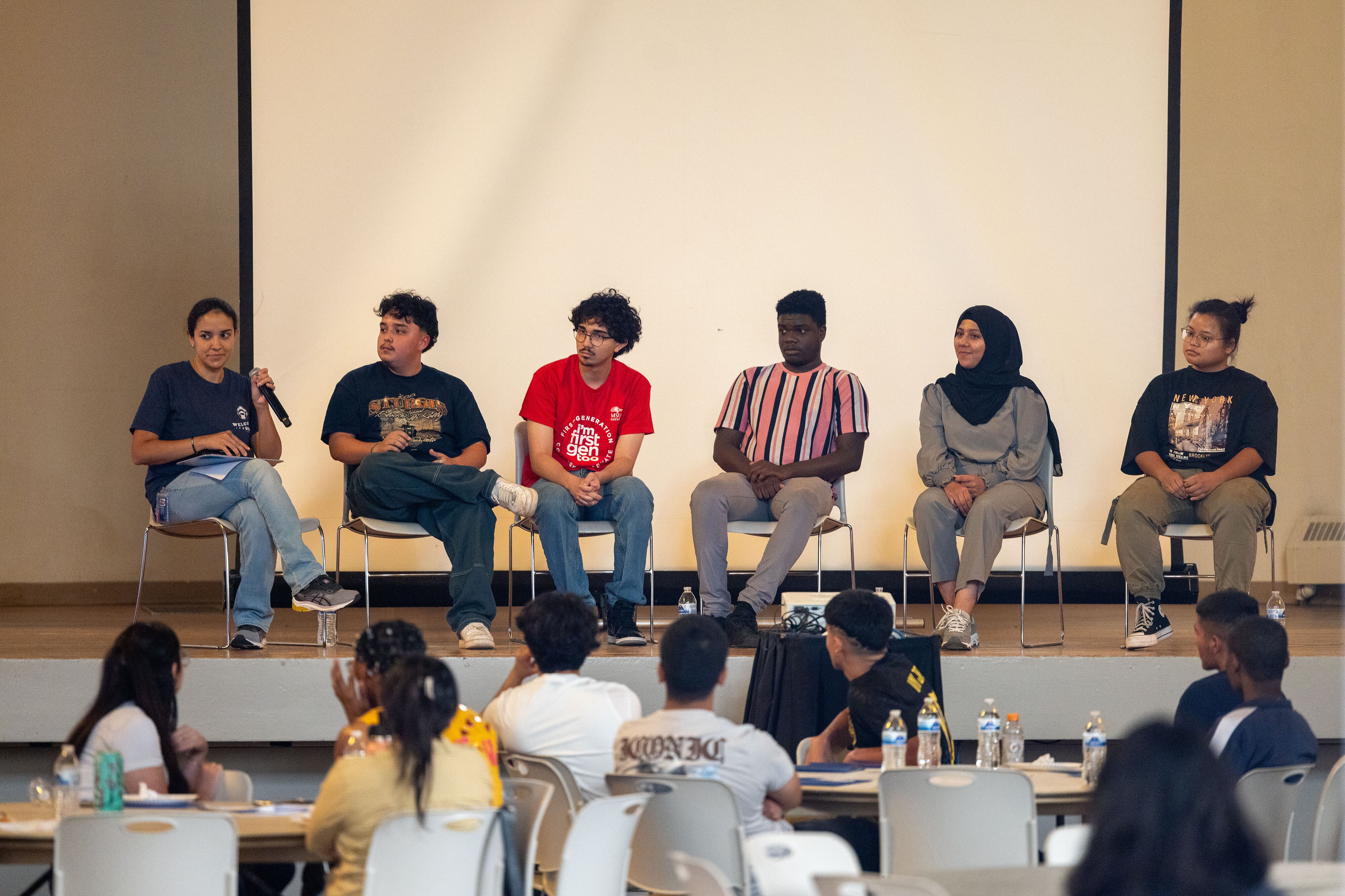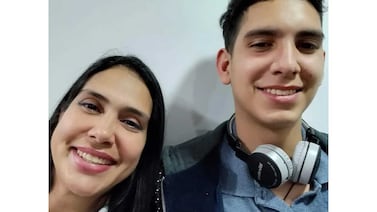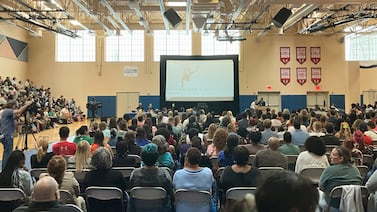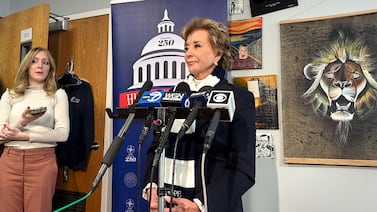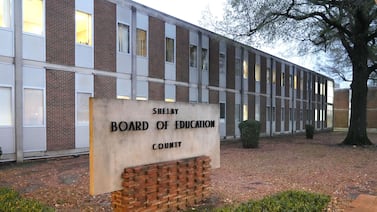Sign up for our free monthly newsletter Beyond High School to get the latest news about college and career paths for Colorado’s high school grads.
Elijah Anderson offered some tips to incoming first-year Metropolitan State University students during their visit to Denver’s Auraria Campus last week: Familiarize yourself with the campus buildings before your first day, organize your schedule efficiently, and take advantage of campus events.
The students are part of a pandemic-era program called Pathways to Possible that has proven so successful the college will continue funding it through the university’s budget after federal COVID relief money runs out.
“It was really nice being able to give them advice,” said Anderson, 19, a second-year student who spoke to the incoming students as part of a five-person welcome week panel. “I remember being in their shoes.”
Leaders at MSU Denver say P2P, as the program is called, has been invaluable since the pandemic in helping students with the most challenges — such as students of color, those from lower-income backgrounds, and first-generation college students — stay in college and some day graduate.
About 80% of students in P2P have stayed in college from one year to the next, said Melissa Cleaver, the program director. That rate is well above the school’s and national average of about 67% and 68%, respectively.
Originally launched in 2021 with $2.38 million from Gov. Jared Polis’ Response, Innovation and Student Equity fund, the program’s success in helping students has earned it a permanent spot in MSU Denver’s offerings — which doesn’t always happen with grant-funded programs.
However, due to the expiration of the federal money, the school has tapered down to only 125 students selected this year – down from about 200 last year – as it funds the program on its own, said Cleaver. There’s more demand than funding available, with more than 700 students applying this year, she said.
The program now costs about $1.1 million to operate annually, according to a school spokesman.
“I would like to see it grow. I don’t know what the next steps are or how the model will change,” Cleaver said. “I know it’s helping our students.”
P2P functions as a coaching network with a small scholarship incentive.
The program also provides support in ways that are different from some scholarships.
There are few application requirements. Students must have recently graduated from a Colorado high school, been accepted to MSU Denver, and face more challenges than other students.
Students can earn up to $500 a semester by participating in the program, but the success of students depends most on success coaches, or staff that help advise students, Cleaver said.
The coaches act as a guide to answer questions such as how to structure their schedules, manage time, pick a major, or what to do if they fail a class. Students are required to meet with coaches at least twice per semester and attend a career event. They also get leadership development opportunities.
The program does not require students to maintain a certain GPA level, Cleaver said. She wants students to turn to their coaches when they need help instead of being embarrassed that they’re struggling. The majority of the students might have other life challenges going on that keep them from being successful, she said, such as needing food and transportation or balancing multiple jobs and school.
“We’re not going to shame you,” she said. “We’re going to keep working with you.”
Anderson said his first year went smoothly thanks to P2P. Coaches helped him especially when he wanted to declare a minor and on the days where he felt less motivated.
Anderson wants to get a degree in business management, and his coaches helped him decide on a minor in computer information systems with a concentration on human resources management.
He said he’s learned a lot thanks to the support, and hopes incoming first-year students know that going to college is a “learning journey.” Some days might be easier than others, but thanks to P2P, the hard ones aren’t so bad.
Jason Gonzales is a reporter covering higher education and the Colorado legislature. Chalkbeat Colorado partners with Open Campus on higher education coverage. Contact Jason at jgonzales@chalkbeat.org .

